The ruling party of Burundi, CNDD-FDD, has firmly denied accusations from opposition parties that its members used intimidation tactics to coerce voters during this week’s parliamentary and communal elections.
During a press briefing on Saturday, CNDD-FDD Secretary General Révérien Ndikuriyo responded directly to allegations made by several opposition parties, including UPRONA, CNL and the coalition Burundi Bwa Bose. These parties claimed that the vote was marred by irregularities, most notably intimidation by Imbonerakure — the youth wing of the CNDD-FDD — allegedly pressuring voters to cast ballots in favor of the ruling party.
Ndikuriyo dismissed the accusations as baseless and challenged opposition members to provide concrete evidence. “In our rural communities, everyone knows each other,” he said. “If someone was truly intimidated into voting a certain way, let them name the individual who pressured them. We will verify it because we all know each other on our home hills.”
He went further, suggesting that such claims do not require elaborate investigations. “Burundi is not vast. Let them provide the hill, the polling station number — then we’ll follow up. It’s not a complicated matter,” he said.
The opposition also claimed that their party representatives were barred from accessing certain polling stations. On this, Ndikuriyo was unequivocal: “Who denied them access? These are outright lies. If they have a problem, they should file a complaint with the national electoral commission (CENI),” he said.
Addressing broader concerns about the role of the Imbonerakure, who have long been accused of intimidating political opponents, Ndikuriyo maintained that the youth group acted responsibly. “These young people were trained across the country to behave properly. Today, peace prevails. The Imbonerakure cannot stop anyone from voting — they are our brothers, our children, not strangers,” he insisted.
While opposition parties continue to raise alarms about what they describe as election-day irregularities, both national and international observers, along with CENI, have offered a more positive assessment. The electoral commission acknowledged some “minor incidents” but described the overall voting process as peaceful and orderly.
The controversy comes at a critical time for Burundi as it seeks to bolster its democratic institutions amid ongoing concerns from civil society groups about political freedoms and the independence of the electoral process.

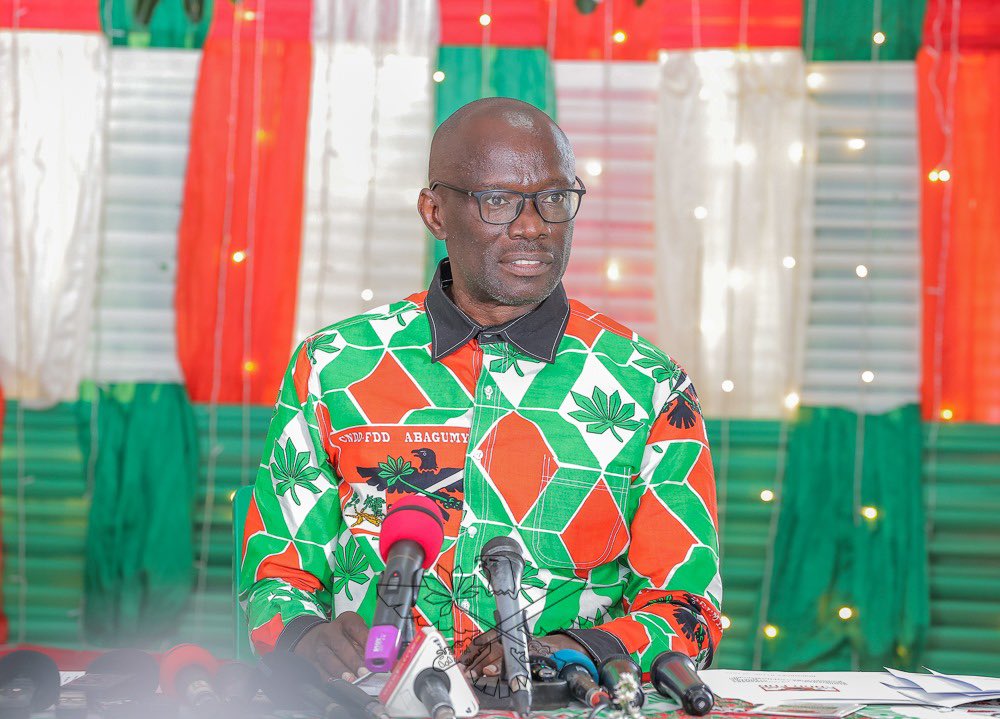
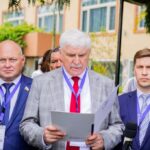

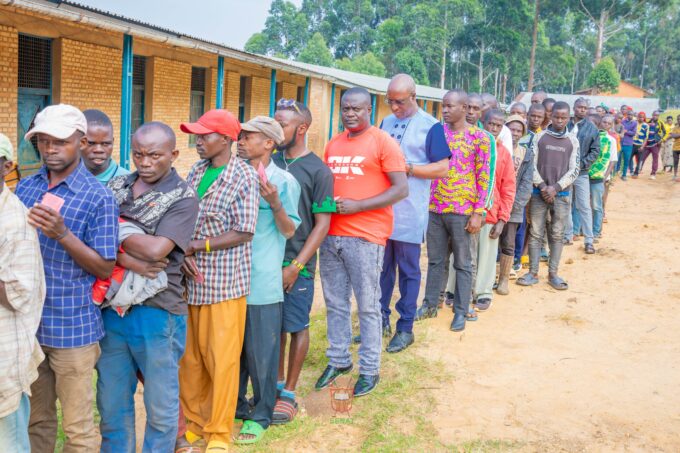
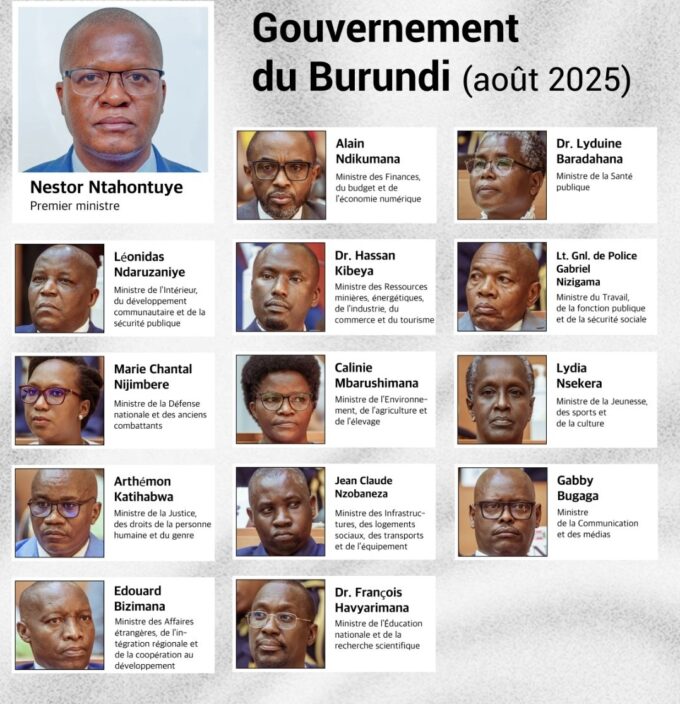
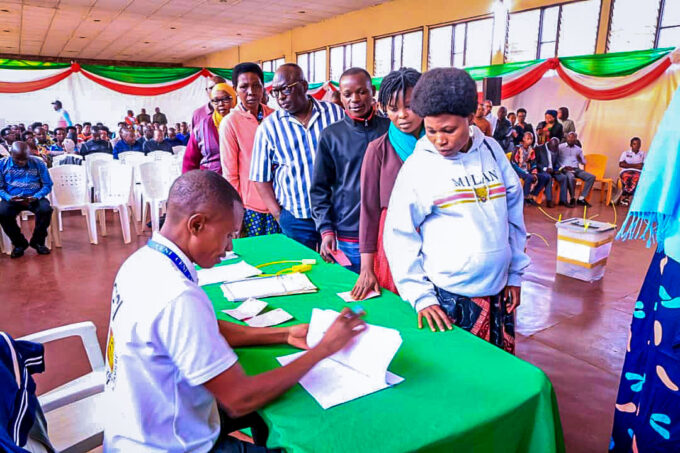
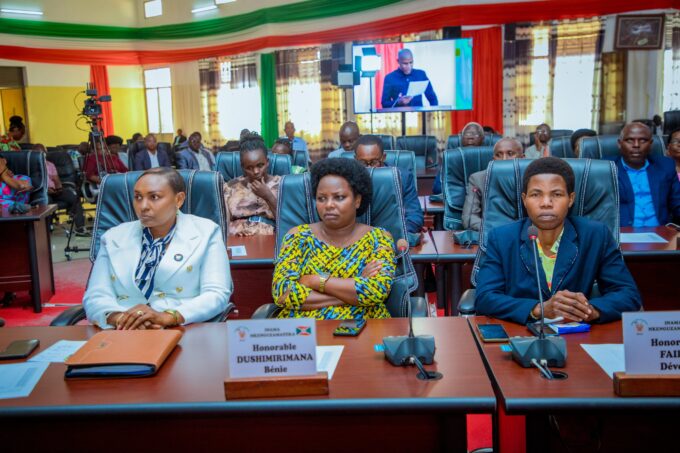
Leave a comment